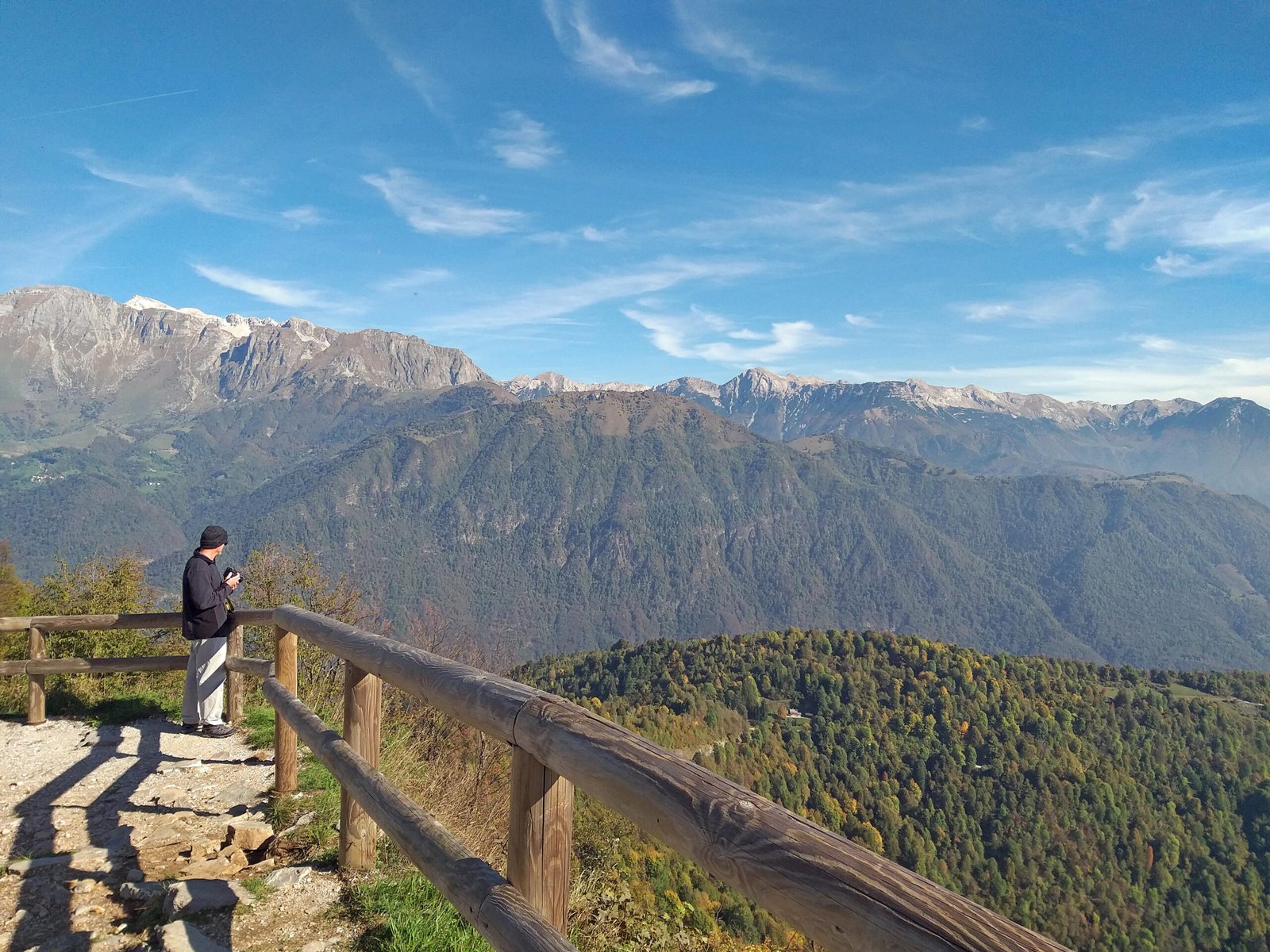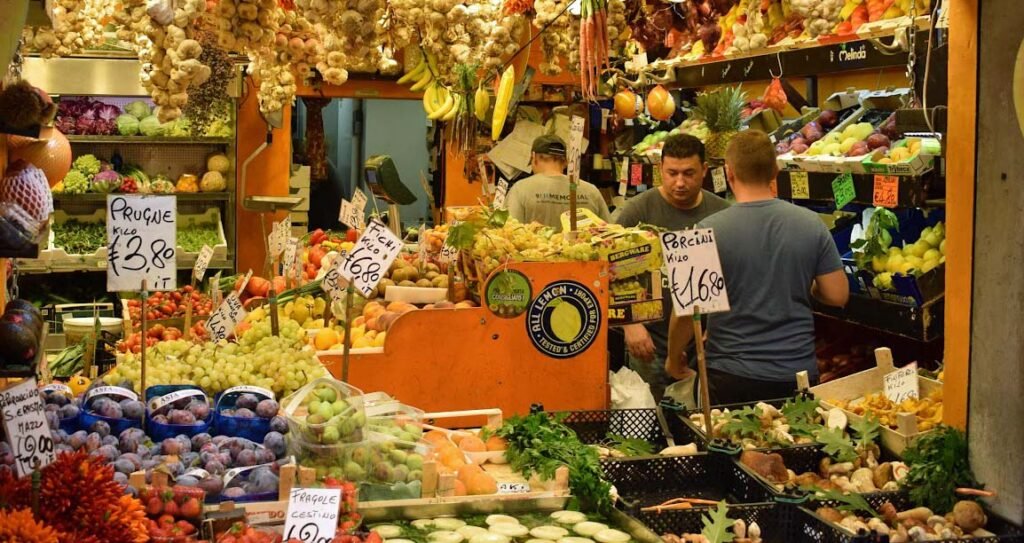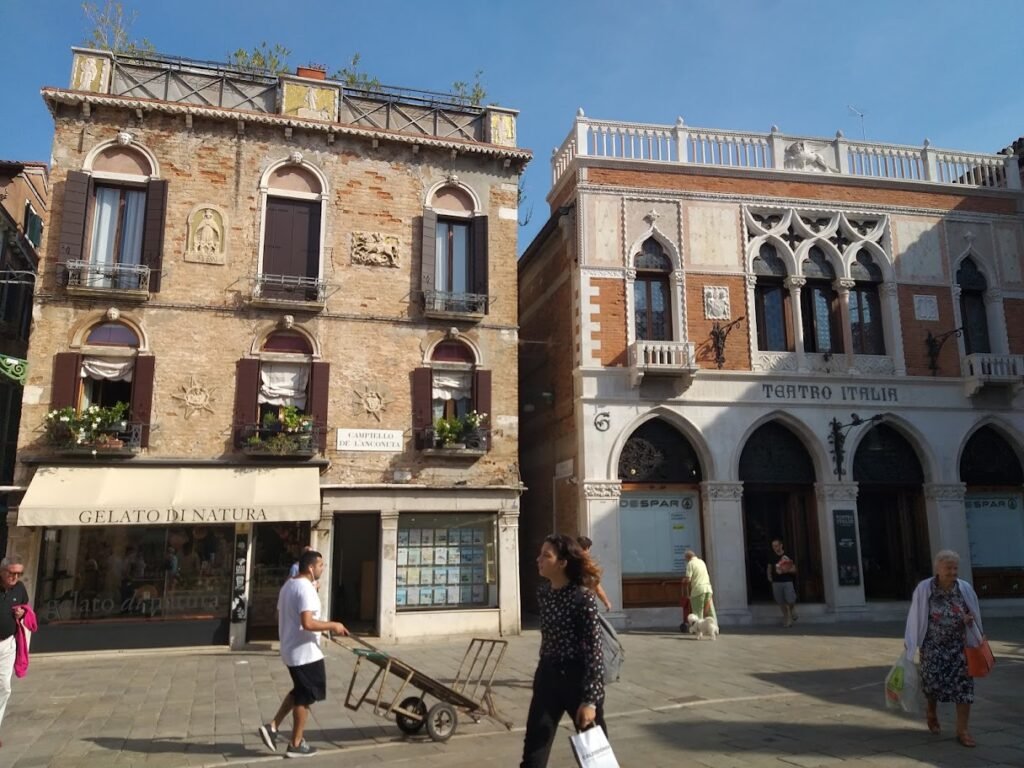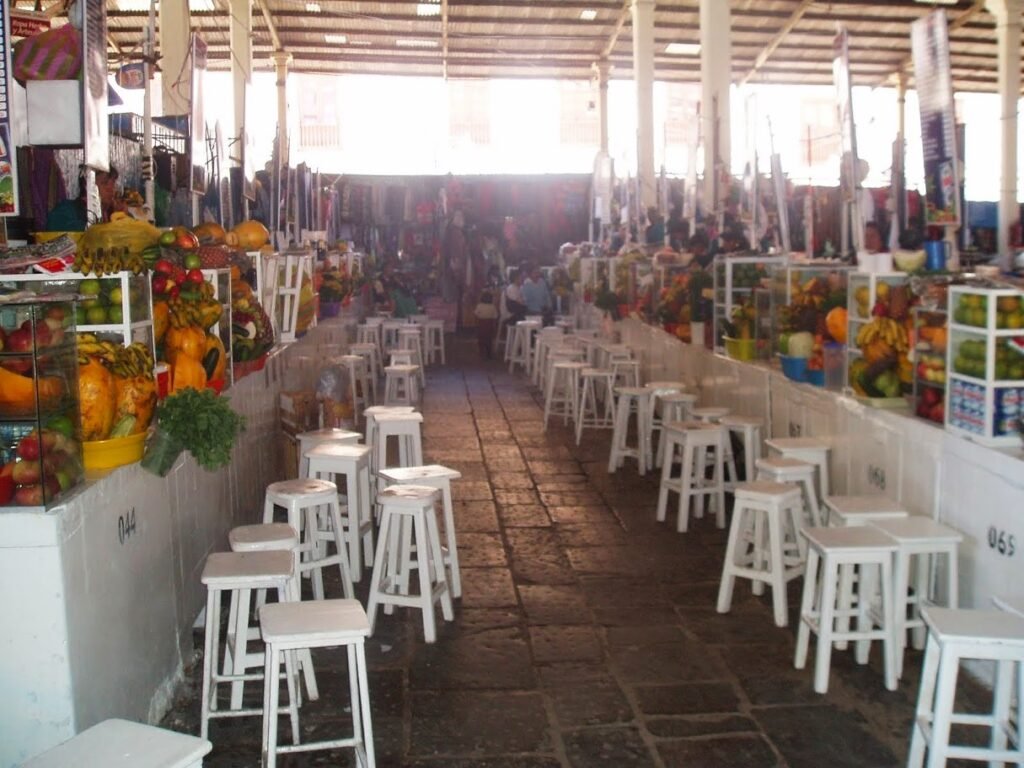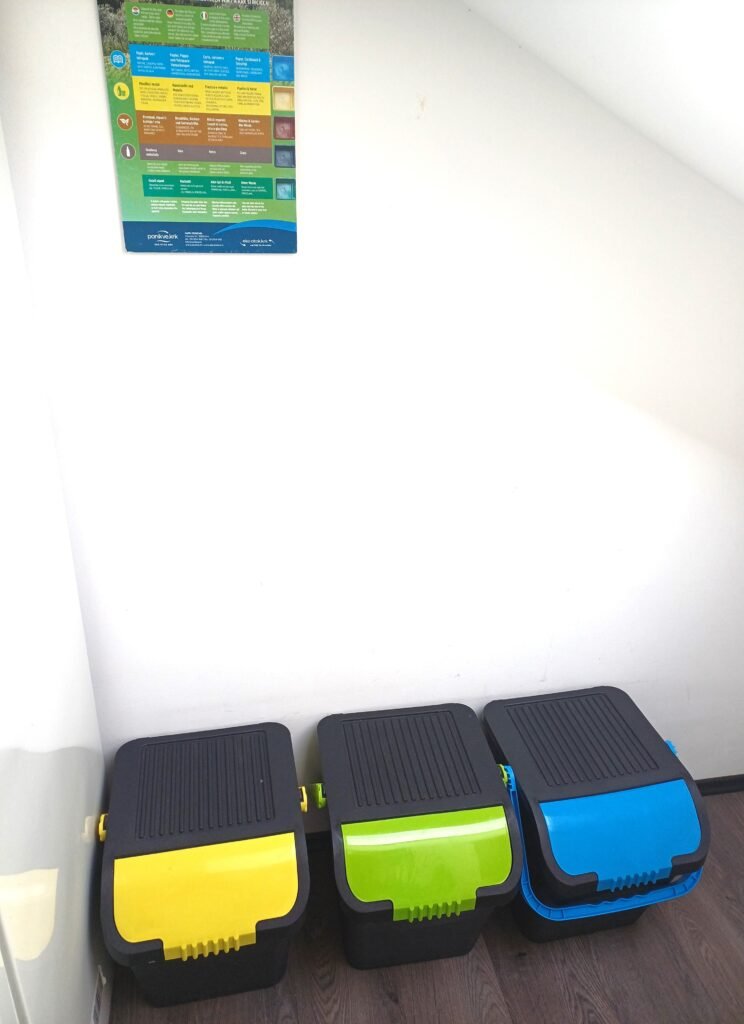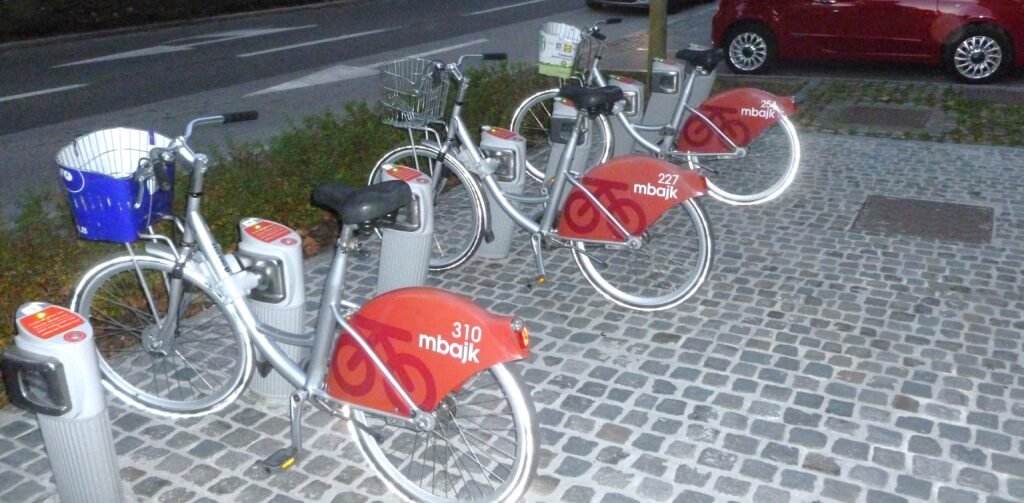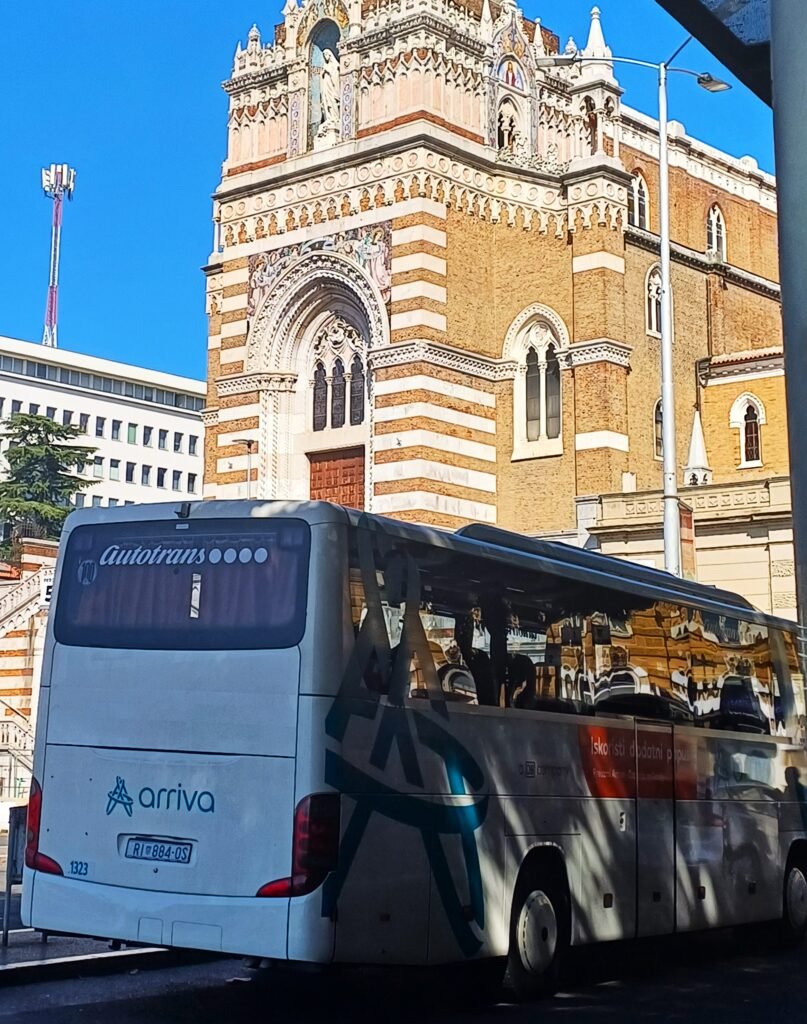The Sustainable Digital Nomad:
How to Work Remotely and Travel Sustainably.
The COVID-19 pandemic has accelerated the rise of remote work, including the emergence of digital nomads. More and more people are realizing the benefits of a work-life balance and are no longer bound to a specific location. While this lifestyle offers the freedom to work from anywhere, it also has both positive and negative impacts on local environments and communities. Being a sustainable digital nomad means considering and minimizing the negative impacts while striving to leave a positive footprint wherever you go. Having worked remotely and traveled long-term myself, while on my own sustainability journey, I am excited to offer some tips on working remotely and more sustainably.
Sustainability Considerations
Social Impact
One key aspect of being a sustainable digital nomad is to be considerate and respectful of the local population. Many popular tourist destinations are experiencing a backlash from residents due to overtourism, inflationary pressures on the cost of living and housing, and strain on local infrastructure and resources. For instance, the influx of digital nomads working in cafes can inconvenience other patrons and local business owners. Additionally, the profitability of short-term letting and foreign buyers entering the real estate market can make it more difficult for long-term residents to afford buying or renting accommodation.
To help mitigate these issues, consider traveling to less touristy areas or visiting popular spots during the off-season. For example, explore city life in the summer when everyone heads to the beaches, and visit beach towns during the shoulder season. This approach not only helps alleviate overcrowding but can also be more budget-friendly. There are numerous beautiful, hidden gem towns near popular tourist destinations that offer a comparable experience without the crowds. Additionally, aim to support small local businesses.
Positive social impacts can be fostered through intercultural integration. Engage with the local community by joining classes or volunteering. Whether it’s martial arts, dance, yoga, cooking, or participating in local non-profit organizations, these activities help you connect with locals and enrich your travel experience.
Lastly, take the time to learn some of the local language and cultural intricacies before travelling. Some sources of knowledge include your host or local Facebook community groups.
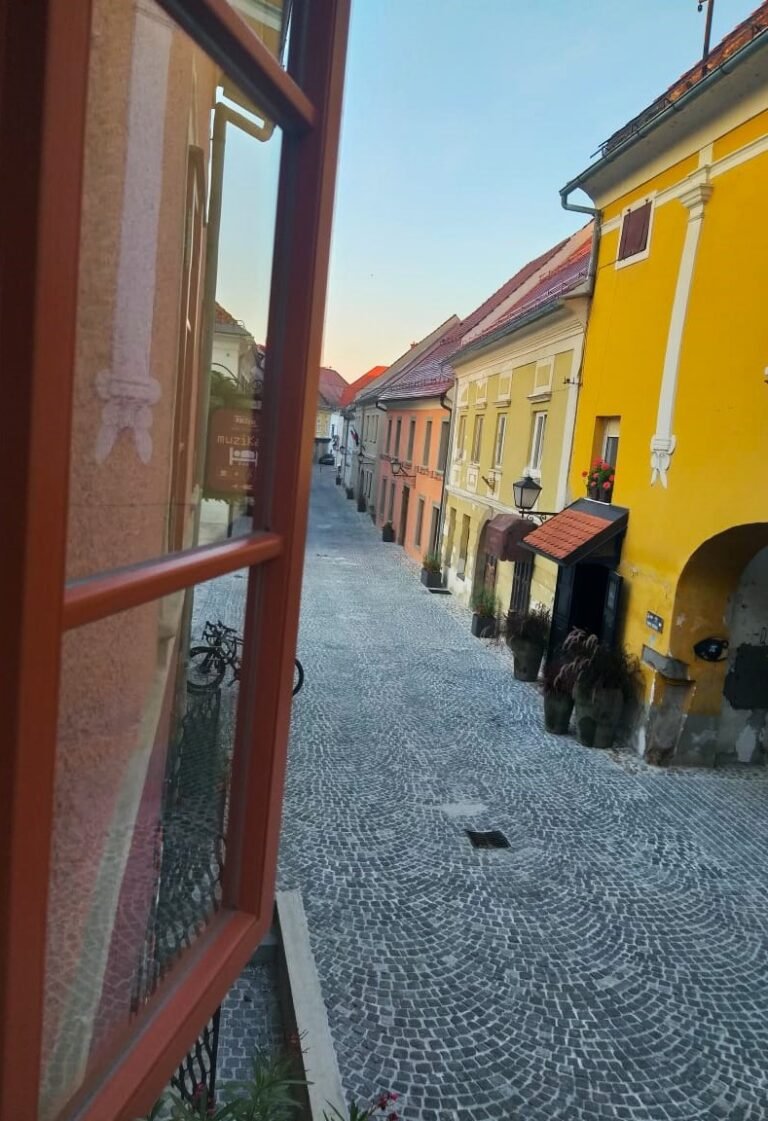
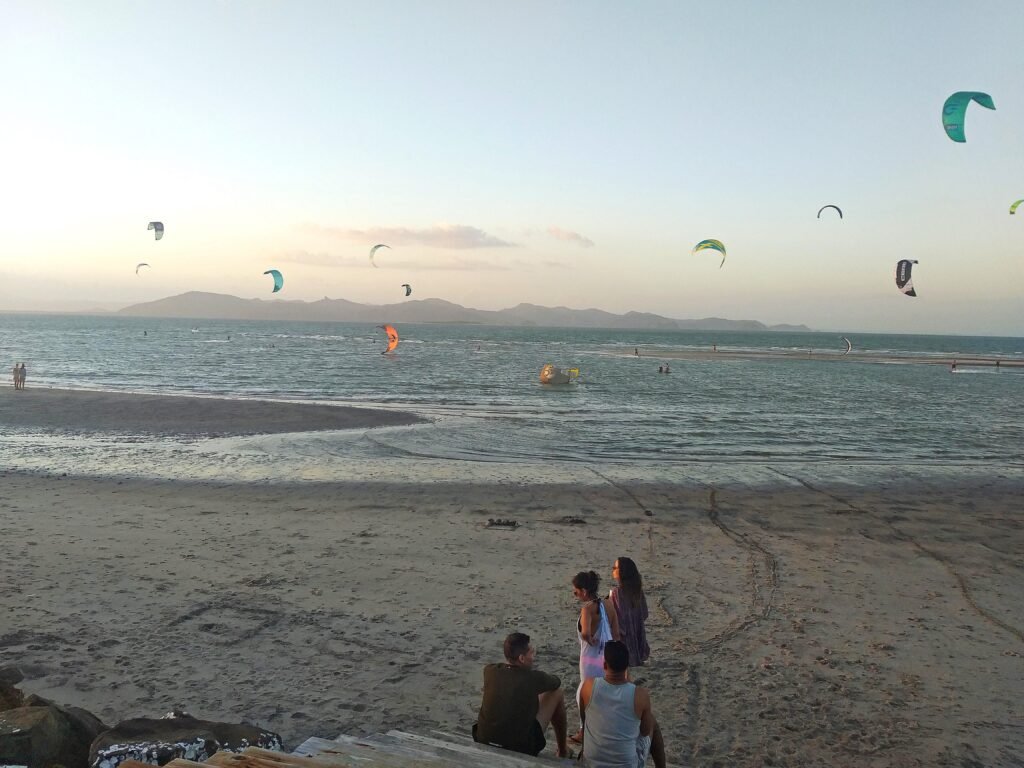
Economic Impact
From an economic standpoint, it’s essential to strike a balance between managing your budget and supporting the local economy. Short-term accommodations and car rentals often come with a higher price tag compared to long-term options. To minimize expenses, plan your stays accordingly, seeking out accommodations that offer long-term rental discounts. In many places, staying for a month or more can yield significant cost savings. Additionally, prioritize accommodations with access to public transportation and kitchen facilities to further reduce expenses.
I personally adhere to a monthly and daily budget to ensure financial discipline during my travels. Long-term travel, especially in tourist-heavy areas, can easily lead to overspending. Therefore, I recommend creating a travel budget at the beginning of the year and allocating funds each month for your trips.
Supporting local services and products not only benefits the local economy but also helps control costs. In numerous destinations, locally produced goods are more affordable than imports. By patronizing local markets, eateries, and businesses, you not only save money but also contribute positively to the community.
Consider utilizing co-working spaces instead of international chains for your work environment, especially if your accommodation lacks an office space. This choice not only supports local businesses but also fosters opportunities to network with fellow professionals and entrepreneurs. Engaging with the local business community can lead to mutually beneficial relationships and a deeper understanding of the local economy. Moreover, it can enhance productivity compared to working solely from your accommodation.
Be mindful of your spending habits and strive to avoid exacerbating economic disparities. While upscale tourist areas may be alluring, diversifying your spending to include local establishments helps ensure a more equitable distribution of economic benefits within the community. Personally, I’ve found that dining just a block away from tourist hotspots can substantially reduce costs.
By making conscientious economic choices, you can fully enjoy your travels while simultaneously making a positive impact on the local economy.
Environmental Impact
Minimizing your environmental footprint while traveling is crucial. As a newcomer to an area, you might not be familiar with local recycling practices or environmental issues, making it more difficult to recycle and minimize environmental impacts. Additionally, studies show that tourists often use more electricity and water than locals, leading to an environmental strain on local resources.
To mitigate these effects, be mindful of your resource consumption: turn off air conditioning and fans when not in use (unless instructed otherwise by your host), take shorter showers, and avoid leaving the water running while brushing your teeth or washing dishes. Stay in places with small pools or no pools (pools use a lot of water due to evaporation and pose a significant strain on water resources in an area- especially a drought-stricken area).
Ask your host about recycling and local environmental considerations to ensure you are following proper practices. Inquire if the tap water is safe to drink, as this can help reduce the need to buy bottled water. I always bring a LifeStraw water bottle, which contains a filtration system, to further minimize plastic waste.
Pack eco-friendly products such as sustainable toiletries, laundry detergent sheets, reusable grocery and veggie bags, and reef-safe sunscreen (please check my detailed blog for sustainable toiletry ideas ) . Whenever possible, air-dry your clothes instead of using a dryer and use only eco-friendly cleaning products. These small changes can collectively make a significant difference.
Consider your transportation choices as well. Opt for walking, biking, or using public transportation and ride-shares instead of renting a car. This reduces your carbon footprint and helps alleviate local traffic congestion.
By being conscious of your environmental impact and making sustainable choices, you can contribute to the preservation of the beautiful places you visit.
Location Considerations
When choosing accommodations, several factors come into play to ensure a sustainable and productive stay:
- Internet Reliability and Speed: Essential for remote work.
- Kitchen Facilities: Cooking your own meals reduces waste and is often healthier.
- Proximity to Public Transportation: Reduces the need for car rentals and lowers your carbon footprint.
- Nearby Amenities: Consider proximity to grocery stores, zero-waste stores, restaurants, medical facilities, hair salons, thrift stores, and recreational activities.
- Climate and Pollution: Consider noise and light pollution and choose a place that supports a healthy work-life balance.
- Sustainability Efforts: Look for accommodations with potable tap water, reusable dishes, and recycling facilities.
- Ambiance: A productive workspace is crucial. Ensure the place is conducive to work, with good communication from the host.
Avoid overly touristy areas during peak seasons to reduce your impact on local resources and avoid inflated prices. The additional benefit is enjoying cool sights and activities without the crowds.
Equipment Considerations
Being a digital nomad requires a compact yet efficient set of tools. Here’s a list of essential equipment:
- Travel-size Monitor Screen: For an extended workspace. I personally use Arzopa.
- Travel-size Laptop: Consider a size that is lightweight and portable.
- Travel SIM Card: Stay connected with local data plans. I personally use the 3UK travel sim as it works in over 70 countries and is very easy to use.
- VOIP Phone Number: For receiving and sending texts and calls internationally. I personally use Hushed.
- HDMI Cord: Connect your devices to external displays.
- Headset: For clear communication during calls.
- Travel Plug Adapter: For various international outlets.
- Multi-plug Adapter: Charge multiple devices simultaneously.
- Extra Phone: A backup for emergencies.
- Noise-cancelling Headphones: To focus in noisy environments.
- Notepad and Pen: For quick notes and brainstorming.
Embarking on the journey as a digital nomad is exciting and fulfilling, but it’s essential to be mindful of your impact on the places you visit. By considering social, economic, and environmental sustainability, you can enhance your travel experience and contribute positively to the local communities. Equip yourself properly, choose your locations wisely, and embrace a lifestyle that respects and preserves the world we explore.
Happy and Sustainable Travels!
